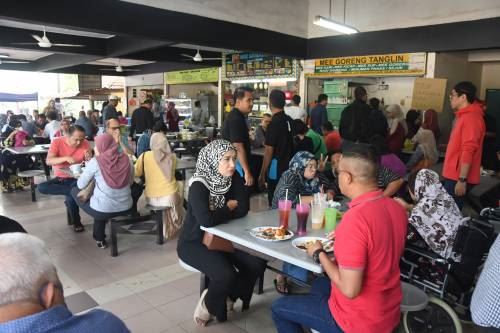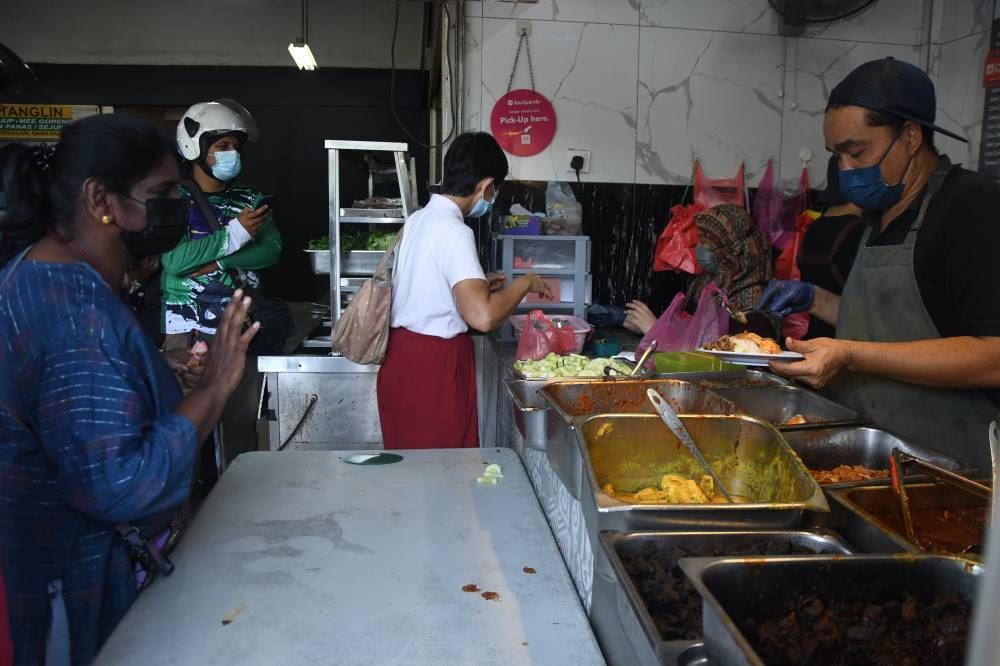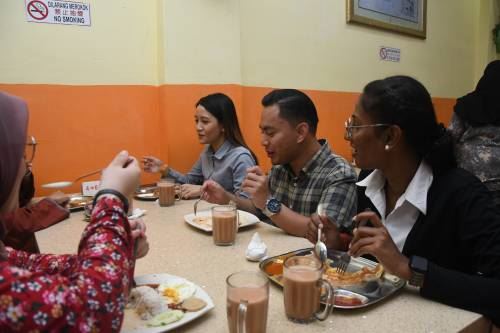Malaysia’s breakfast culture has earned a spot on UNESCO’s Representative List of the Intangible Cultural Heritage of Humanity, highlighting its significance as a cultural treasure.

The Ministry of Tourism, Arts, and Culture (Motac) announced that the recognition for “Breakfast Culture in Malaysia: Dining Experience in a Multi-Ethnic Society” was granted during the 19th Session of the Intergovernmental Committee for the Safeguarding of the Intangible Cultural Heritage, held in Paraguay from December 2 to 7.
Motac shared that UNESCO’s Evaluation Body confirmed Malaysia's breakfast culture fulfilled all criteria outlined in the 2003 Convention for the Safeguarding of the Intangible Cultural Heritage.

“Malaysia’s breakfast culture exemplifies the nation’s diversity, harmony, inclusivity, and mutual acceptance within its multi-ethnic society. It aligns with UNESCO’s principles, fostering social cohesion and highlighting Malaysia’s strength as a multiracial nation,” the ministry stated.
This recognition is anticipated to inspire more initiatives to protect intangible cultural heritage, involving government agencies, associations, and local communities, while fostering international collaboration in various fields.
Malaysia’s National Heritage Department (JWN), under Motac, submitted the nomination on March 30, 2023. This marks Malaysia’s first UNESCO recognition related to food and gastronomy.
The ministry emphasized that the achievement underscores its commitment to preserving intangible cultural heritage, consistent with Core 3 of the National Cultural Policy, which focuses on cultural conservation.

“This acknowledgment enhances Malaysia’s global credibility and strengthens its bid for a seat on UNESCO’s Executive Board for the 2025-2029 term,” the statement added.
Malaysia’s previous UNESCO recognitions under the 2003 Convention include Mak Yong theatre (2005), Dondang Sayang (2018), Silat (2019), the Ong Chun/Wangchuan/Wangkang ceremony (jointly nominated with China in 2020), Pantun (jointly nominated with Indonesia in 2020), Songket (2021), and Mek Mulung (2023).
Source: Bernama